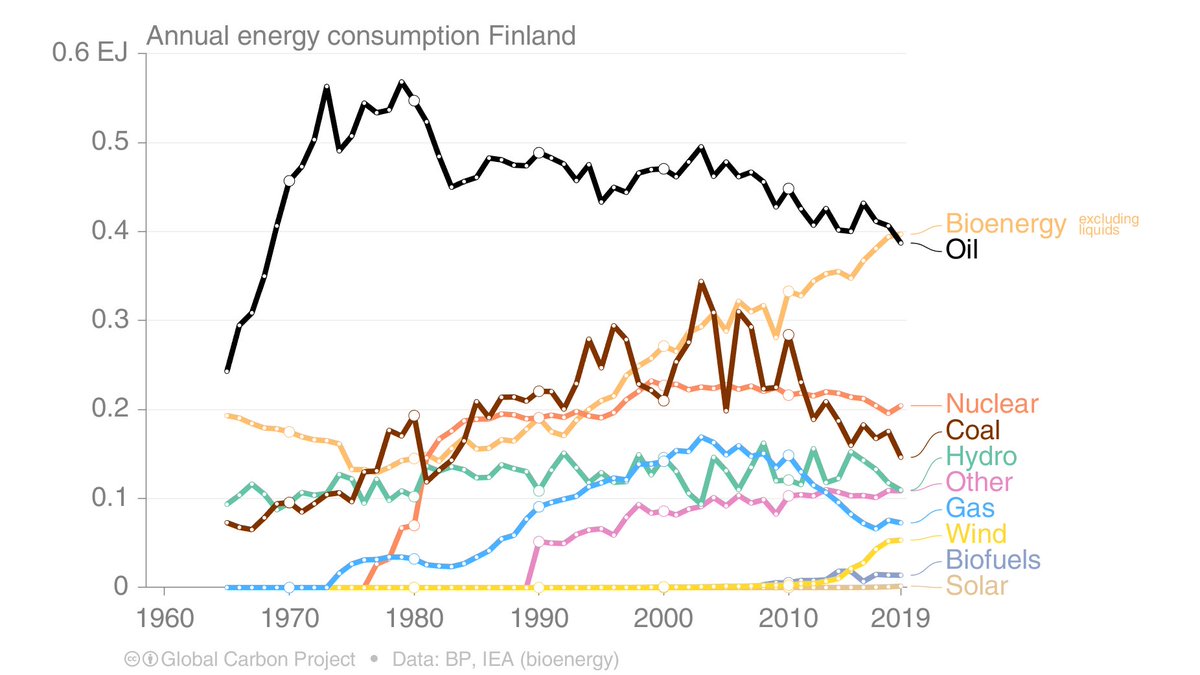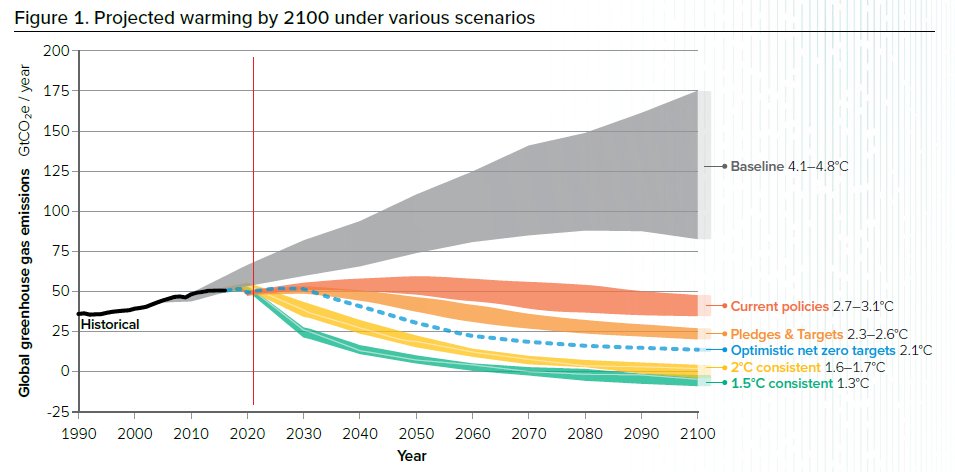
Great article by @JamesGDyke et al on the lack of climate action over the last 30 years.
I don’t see the article so much as a critique of "net-zero", more an elegant critique of lack of action. The title does not represent the article (IMHO).
theconversation.com/climate-scient…
1/
I don’t see the article so much as a critique of "net-zero", more an elegant critique of lack of action. The title does not represent the article (IMHO).
theconversation.com/climate-scient…
1/
“With hopes for a solution to the climate crisis fading again, another magic bullet was required”
The list of bullets:
* Afforestation
* CCS
* BECCS
* Other CDR (eg, DACCS, EW, ...)
* Overshoot scenarios
* Geoengineering
Always a technofix to keep it 5 minutes to midnight.
2/
The list of bullets:
* Afforestation
* CCS
* BECCS
* Other CDR (eg, DACCS, EW, ...)
* Overshoot scenarios
* Geoengineering
Always a technofix to keep it 5 minutes to midnight.
2/
"We struggle to name any climate scientist who at that time thought the Paris Agreement was feasible" [some exceptions]
"The price to pay for our cowardice: having to keep our mouths shut about the ever growing absurdity of the required planetary-scale carbon dioxide removal"
3
"The price to pay for our cowardice: having to keep our mouths shut about the ever growing absurdity of the required planetary-scale carbon dioxide removal"
3
"In principle there is nothing wrong or dangerous about carbon dioxide removal proposals."
"[Some] carbon removal will be needed to mop up some of the emissions from sectors such as aviation and cement production."
4/
"[Some] carbon removal will be needed to mop up some of the emissions from sectors such as aviation and cement production."
4/
"The problems come when it is assumed that [Carbon Dioxide Removal or other technofixes] can be deployed at vast scale."
"This effectively serves as a blank cheque for the continued burning of fossil fuels and the acceleration of habitat destruction."
5/
"This effectively serves as a blank cheque for the continued burning of fossil fuels and the acceleration of habitat destruction."
5/
"The only way to keep humanity safe is the immediate and sustained radical cuts to greenhouse gas emissions in a socially just way"
6/
6/
"…another invisible line, the one that separates maintaining academic integrity & self-censorship. … In private, scientists express significant scepticism about the Paris Agreement, BECCS, offsetting, geoengineering & net zero"
[Maybe not net-zero, but all the others, yes]
7/
[Maybe not net-zero, but all the others, yes]
7/
"[i]n public we quietly go about our work, apply for funding, publish papers & teach. The path to disastrous climate change is paved with feasibility studies & impact assessments."
[Next example, IPCC AR6?]
8/
[Next example, IPCC AR6?]
8/
The last paragraph is a bit strong for me. I don’t think “net-zero” is the problem per se, but the continual develop of innovative ways to climate targets alive. The infamous “it is always 5 minutes to midnight” (@Oliver_Geden).
After all, we do need (net)-zero emissions!
9/
After all, we do need (net)-zero emissions!
9/

I see the article has caused some stir, with everyone tweeting an opinion on "net".
I think the article describes our collective procrastination quite well. The "𝐜𝐨𝐧𝐜𝐞𝐩𝐭 of net-zero" is perhaps justified?
Have a read (or listen as in my case) theconversation.com/climate-scient…
10/
I think the article describes our collective procrastination quite well. The "𝐜𝐨𝐧𝐜𝐞𝐩𝐭 of net-zero" is perhaps justified?
Have a read (or listen as in my case) theconversation.com/climate-scient…
10/
This made me laugh:
Integrated Assessment Models "seemed like a miracle: you could try out policies on a computer screen before implementing them, saving humanity costly experimentation. … Unfortunately, they also removed the need for deep critical thinking."
11/11
Integrated Assessment Models "seemed like a miracle: you could try out policies on a computer screen before implementing them, saving humanity costly experimentation. … Unfortunately, they also removed the need for deep critical thinking."
11/11
• • •
Missing some Tweet in this thread? You can try to
force a refresh



















